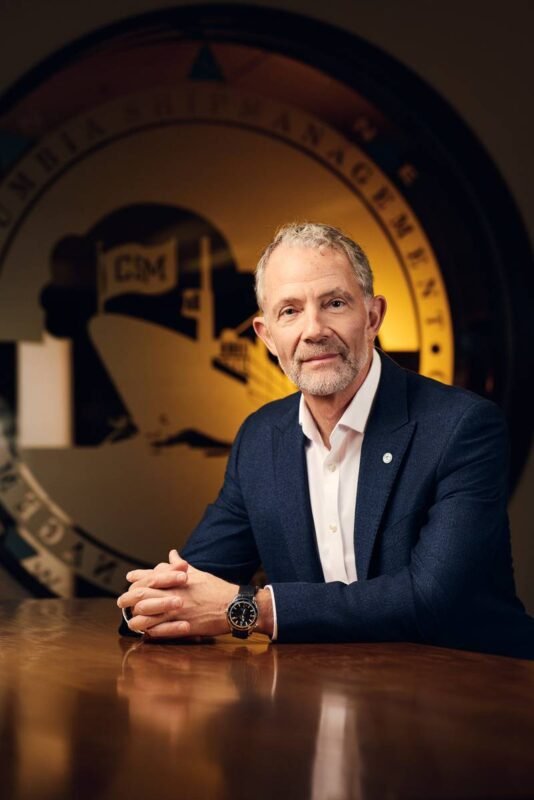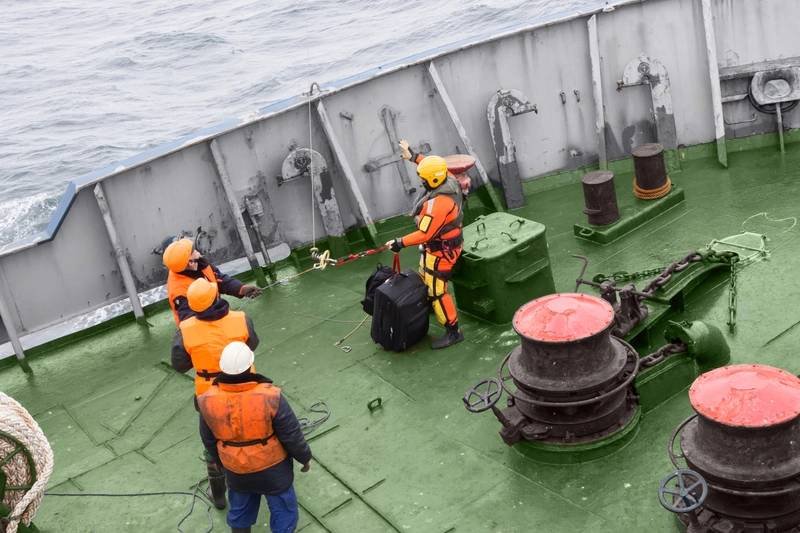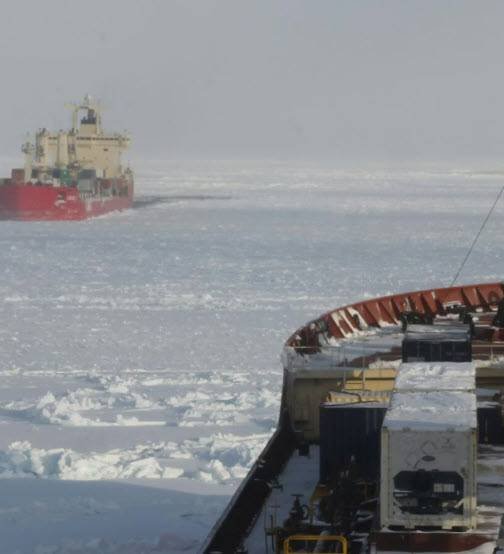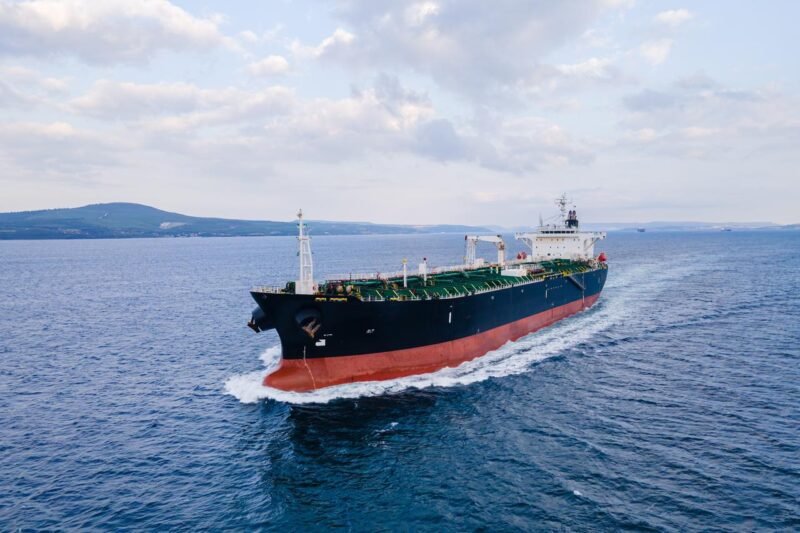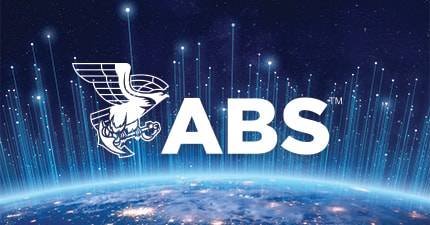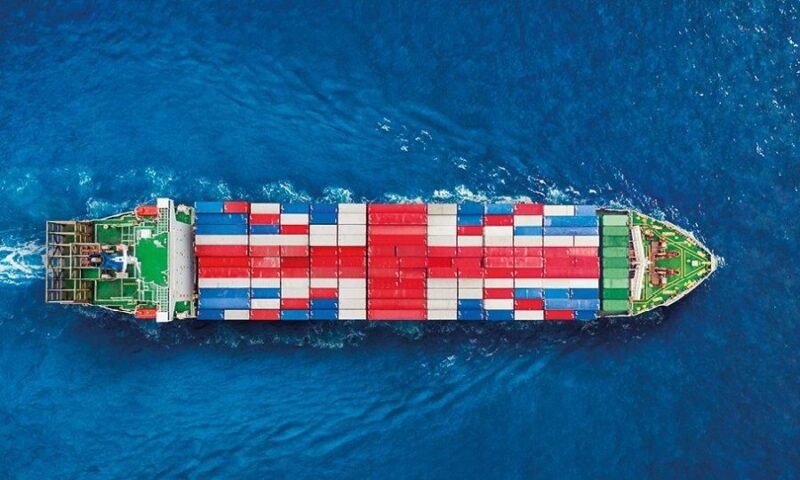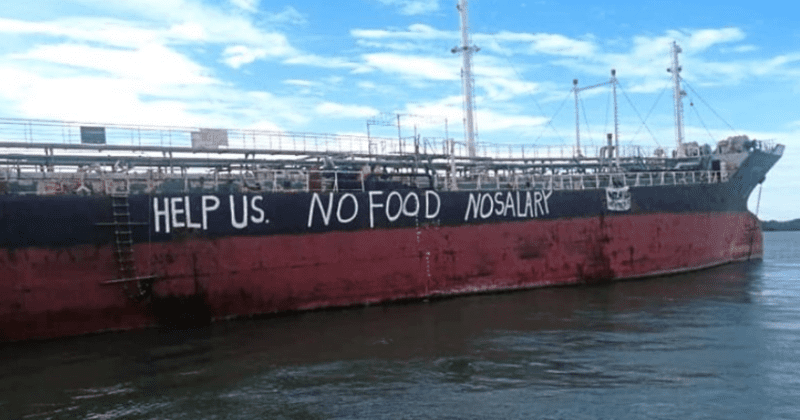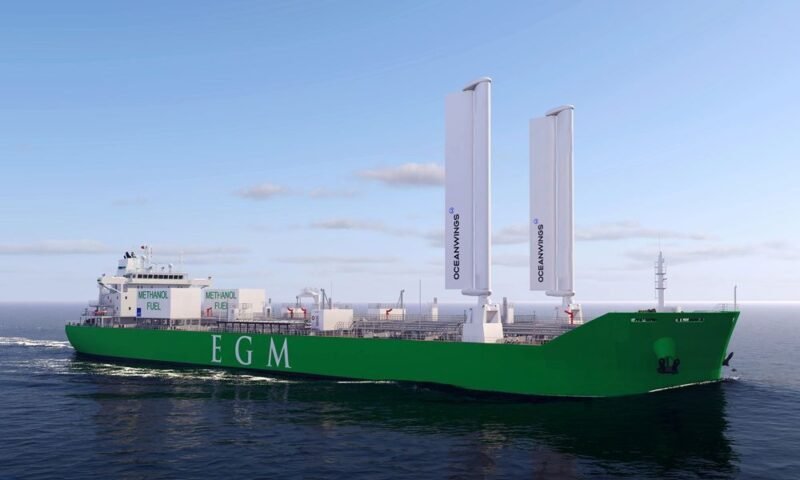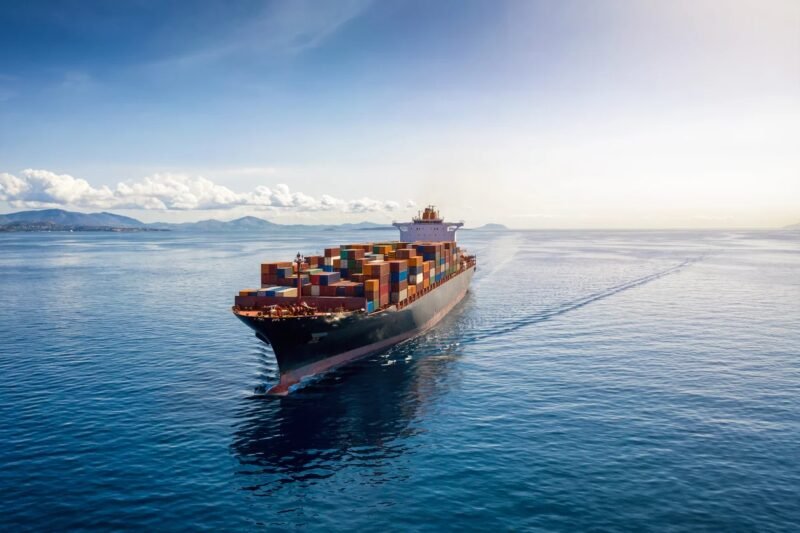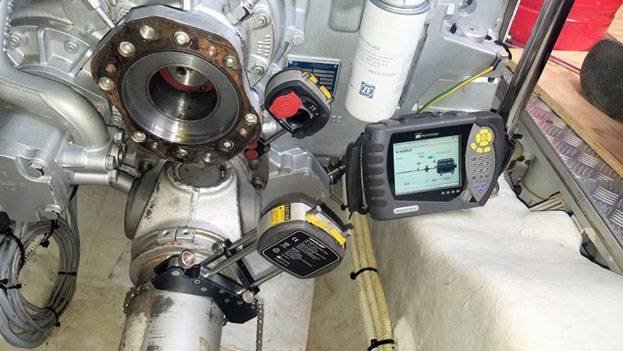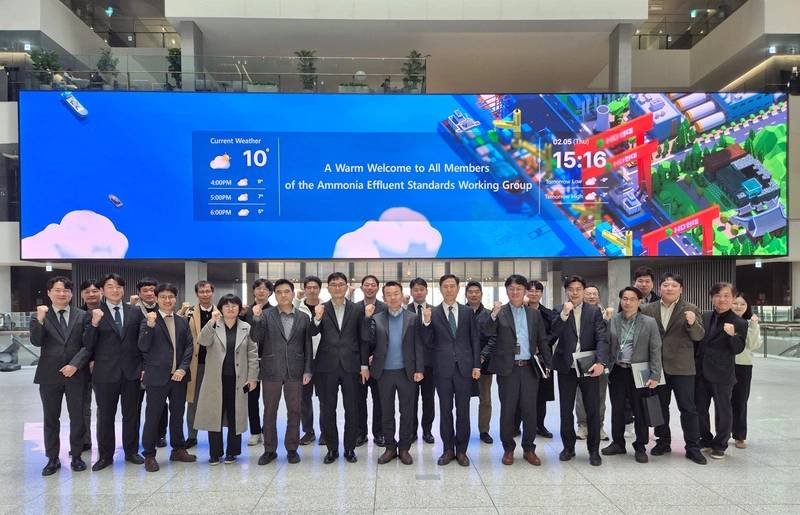A project led by the Oil and Gas Climate Initiative (OGCI), the Global Centre for Maritime Decarbonisation (GCMD), and Stena Bulk, along with other maritime organizations, has assessed the technical feasibility of onboard carbon capture and storage (OCCS) in the shipping sector. The project, known as REMARCCABLE, aimed to determine if carbon capture systems could be deployed on vessels with minimal operational impact. The study found that retrofitting a carbon capture system on the medium-range tanker Stena Impero could reduce carbon dioxide emissions by up to 20% per year, with a fuel consumption penalty of just under 10%.
The cost of building and installing the full OCCS system on the Stena Impero is estimated at US$13.6 million, with an abatement cost of avoided CO2 evaluated at $769/ton CO2. Despite the initial costs, the consortium believes that further research and development will drive down expenses, making OCCS more viable for the shipping industry. The study also explored incorporating OCCS on newbuild vessels, suggesting that improvements to capture rate and fuel penalty could be achieved with more efficient engines, heat pumps, and alternative solvents.
Dr. Michael Traver, head of OGCI’s Transport Workstream, emphasized the importance of the study in understanding the potential of carbon capture technology to decarbonize the shipping industry. Professor Lynn Loo, CEO of GCMD, highlighted the need to manage the trade-offs between operating costs and emissions reduction potential for OCCS systems. The consortium partners acknowledged that challenges remain in regulatory guidance, operational costs, and infrastructure for offloading and storing captured CO2. Collaboration from stakeholders across the value chain will be crucial in developing offloading infrastructure and policies to support the adoption of OCCS solutions.







